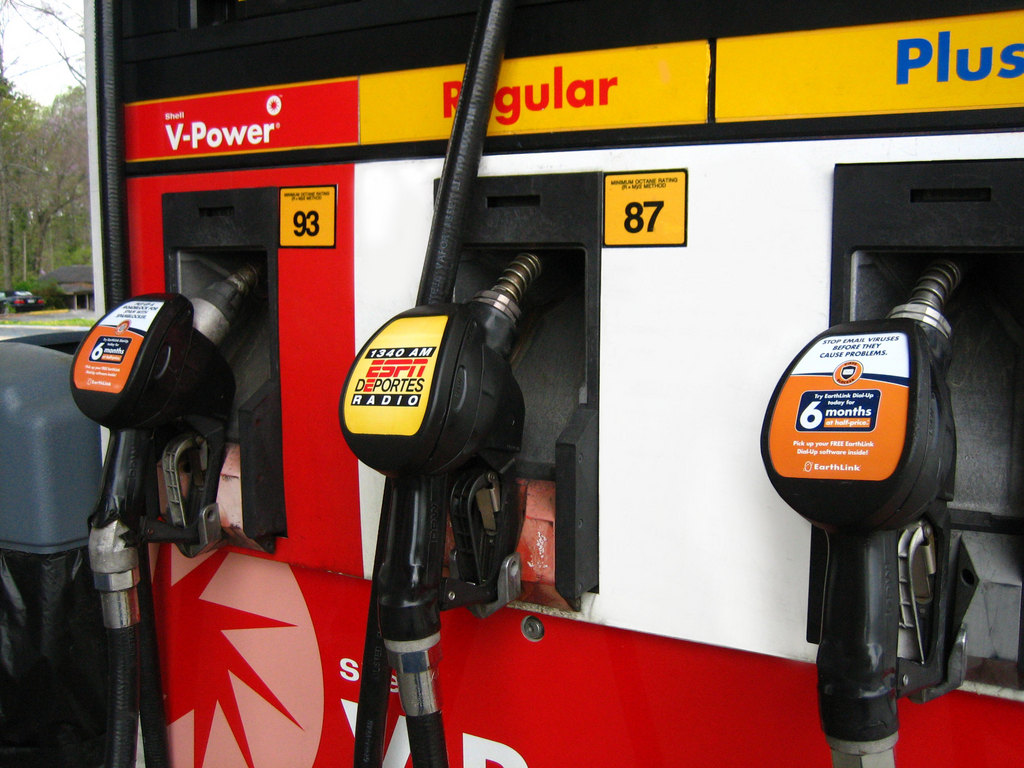If you’ve noticed a little bit of extra padding in your business account, it’s probably because your fleet hasn’t been demanding as much money for its fuel expenses in recent months. The combination of a surge in the nation’s oil supply paired with OPEC’s refusal to cut production resulted in a significant drop (60%) between June 2014 and January 2015. Although fuel prices jumped a bit shortly thereafter, they have since dropped 40% since their high in May of this year. Before you start planning to permanently tweak your fuel budget, though, you should think twice. We could be in for a bumpy road ahead.
For years, OPEC has played its role of ‘market stabilizer’ well, adjusting its oil production as a means of influencing crude oil prices. This has all changed, however, now that Saudi Arabia has made the decision to raise production to near capacity as well as increase market share in the face of dropping prices. Although it has traditionally been the only country to produce less oil than it could, it has now reversed its stance, thus bringing its spare capacity to its lowest level since 2008.
This buffer now gone, the oil market can’t rely on the same backup supply in order to fill unexpected disruptions. The current environment of reduced oil prices raises the threat of such events even higher, thus creating risk of macroeconomic and/or political turmoil for some oil exporters, like Venezuela.
Although high inventory levels of oil and US shale oil production may seem to be plausible buffers, there’s more than meets the eye. Inventory will only hold up so long, and although America’s shale oil production has the ability to be ramped up and down relatively quickly, its output has taken quite a bit longer to react tot he lower price than expected as producers work to boost efficiency and lower costs. In fact, output has barely budged. In contrast, OPEC has the ability to increase or decrease exports much faster, making it far more suited to acting as a “swing supplier” and offer price stability than the US. This is largely due to the fact that so many different economic decisions must be made by producers as opposed to a single policy decision.
At present, the demand for oil is up as the result of the price collapse, but this could disrupt balance moving forward. Political, policy, and demographic shifts have decreased the projected oil demand growth throughout the US and Europe while China is currently transitioning to a less energy-intenstive type growth. Unless OPEC readopts its role as a swing supplier, prices will need to dip low enough that uneconomic production is curbed while usage is spurred on. Unfortunately, production adjustments outside of OPEC could potentially lead to a lot of volatility at the pump.
Whenever fuel prices are so prone to fluctuation, consumers are hard. Enterprises lack the ability to make long-term financial decisions regarding budgets for fleets, business vehicle purchases, business travel arrangements, etc. Making shortsighted decisions based upon today’s fuel prices could leave you with a world of regret tomorrow. This means that enterprises need to be mindful of what is going on in the fuel industry across the globe. Although you may be excited about the cheapest driving your company fleet has seen in years, you must be ever aware of the fact that what goes down will eventually go up – and maybe sooner than you think.
Want to maintain a healthy budget no matter what happens in the oil industry? See how SmartGrid combined with energy sourcing from our experts can help you to get your energy budget under control.

